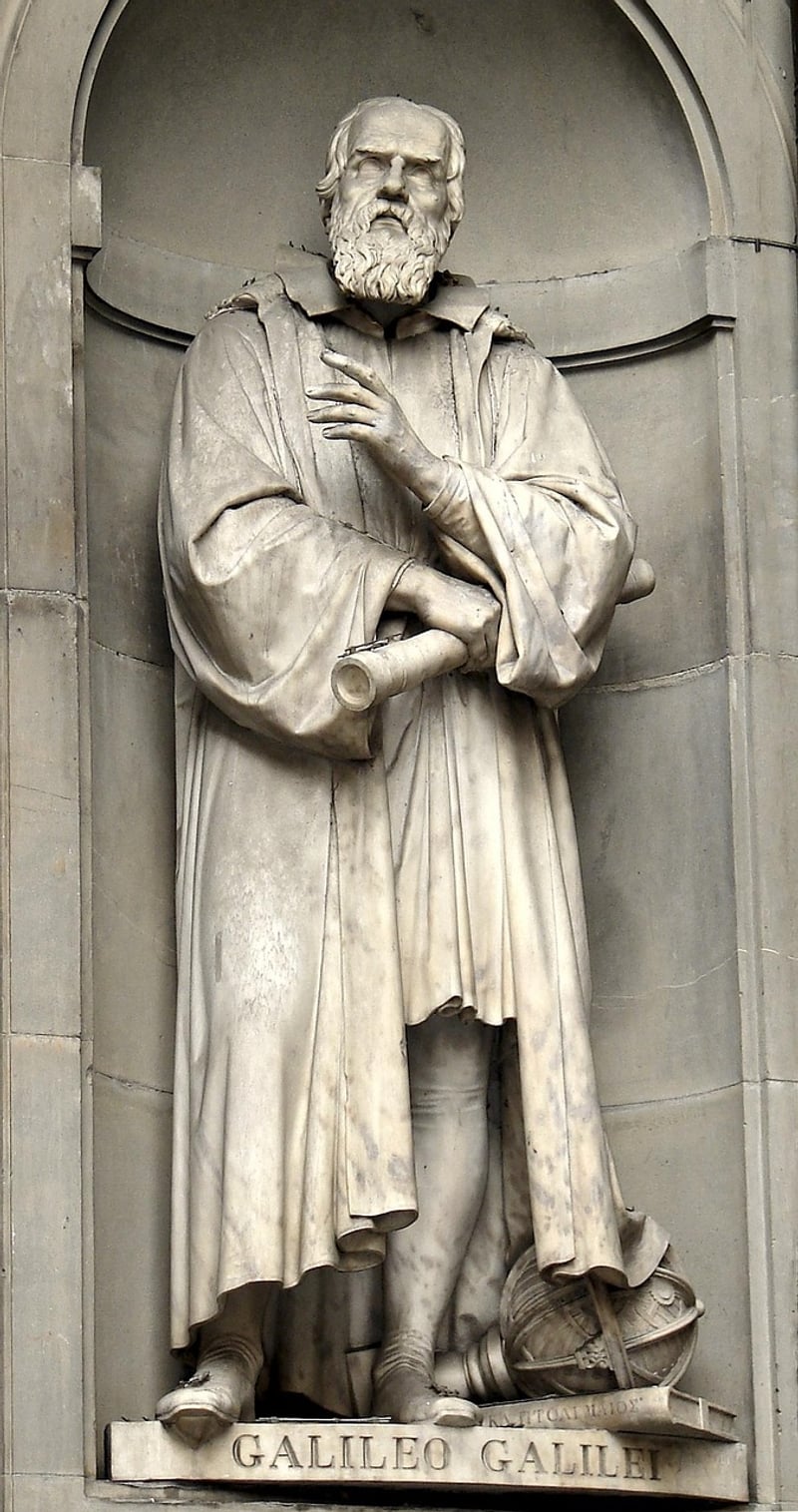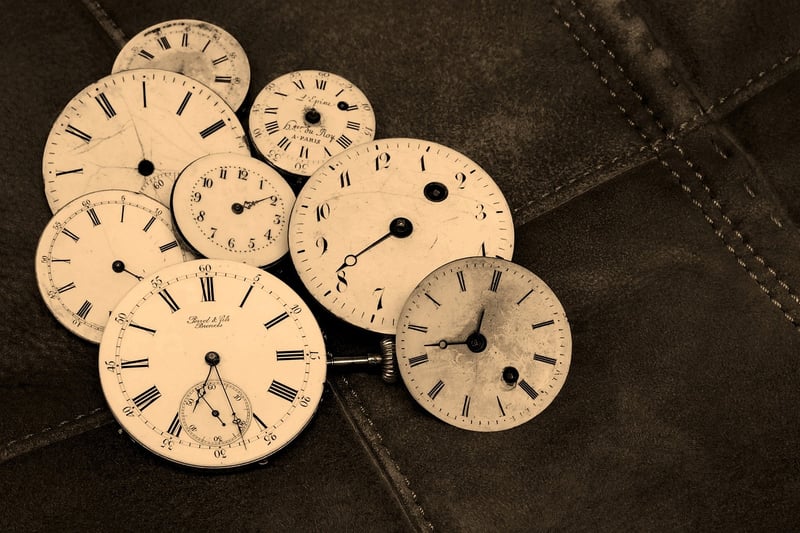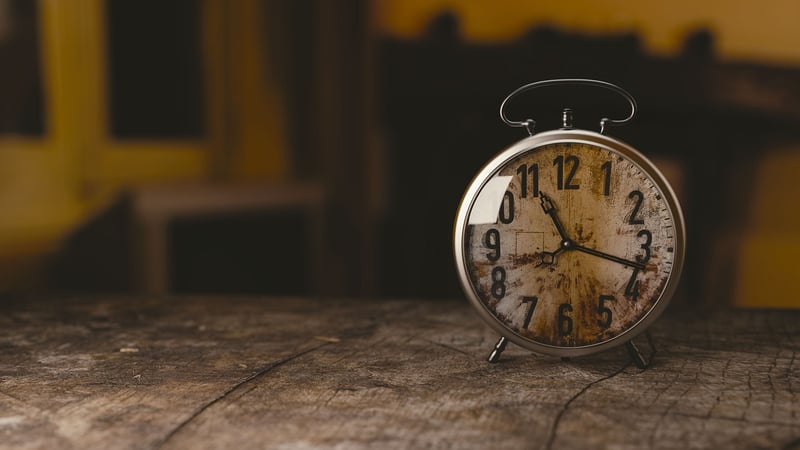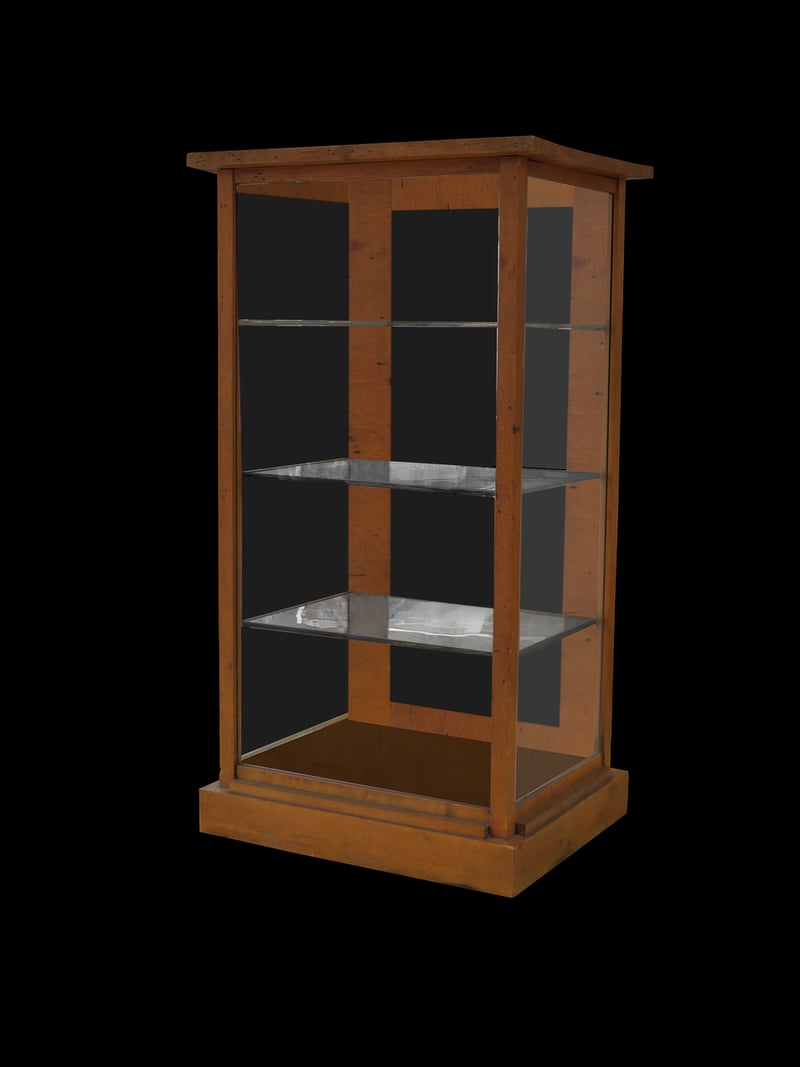Famous Inventors Showcase
Exploring Time Devices and Famous Inventors
Introduction to Time Devices
Timekeeping has been an essential part of human civilization since ancient times. From sundials to atomic clocks, the evolution of timekeeping devices has been fascinating and crucial for various aspects of life.
Types of Time Devices
There are several types of timekeeping devices, each with its unique history and mechanism:
- Sundials: One of the oldest timekeeping devices that use the position of the sun's shadow to indicate time.
- Water Clocks: An ancient device that measures time by the flow of water from one container to another.
- Mechanical Clocks: Introduced in the Middle Ages, these clocks used gears and weights to track time.
- Quartz Clocks: Utilize the natural frequency of a quartz crystal to keep time accurately.
- Atomic Clocks: The most precise timekeeping devices that use the vibrations of atoms to measure time.
Famous Time Device Inventors
Throughout history, several inventors have contributed significantly to the development of timekeeping devices. Here are some notable figures:
1. Galileo Galilei
Contribution: Galileo improved the accuracy of timekeeping by developing the pendulum clock in the 17th century.
Image: 
2. John Harrison
Contribution: Harrison invented the marine chronometer in the 18th century, revolutionizing navigation at sea.
Image: 
3. George Washington Pierce
Contribution: Pierce developed the first quartz crystal clock in 1929, paving the way for modern quartz clocks.
Image: 
Conclusion
The evolution of time devices and the contributions of famous inventors have played a crucial role in shaping how we measure and perceive time. Exploring these devices and learning about the inventors behind them can provide a deeper appreciation for the importance of timekeeping in our daily lives.
